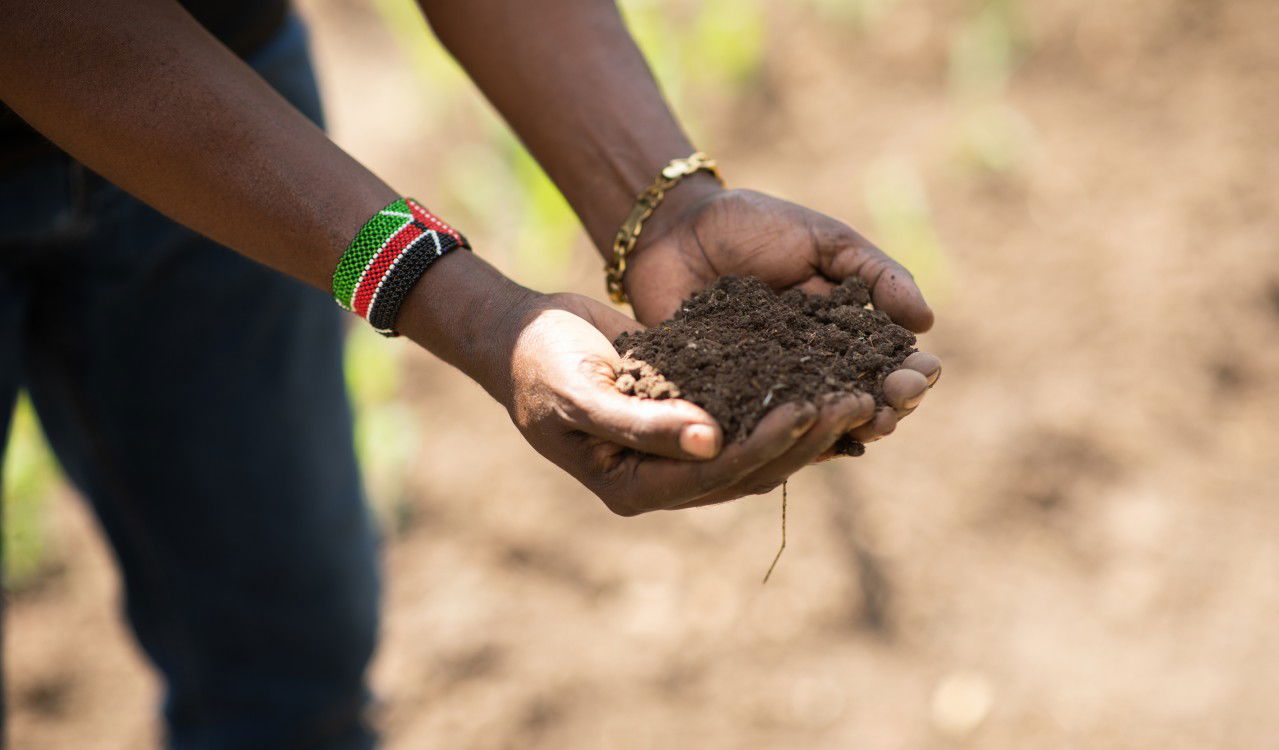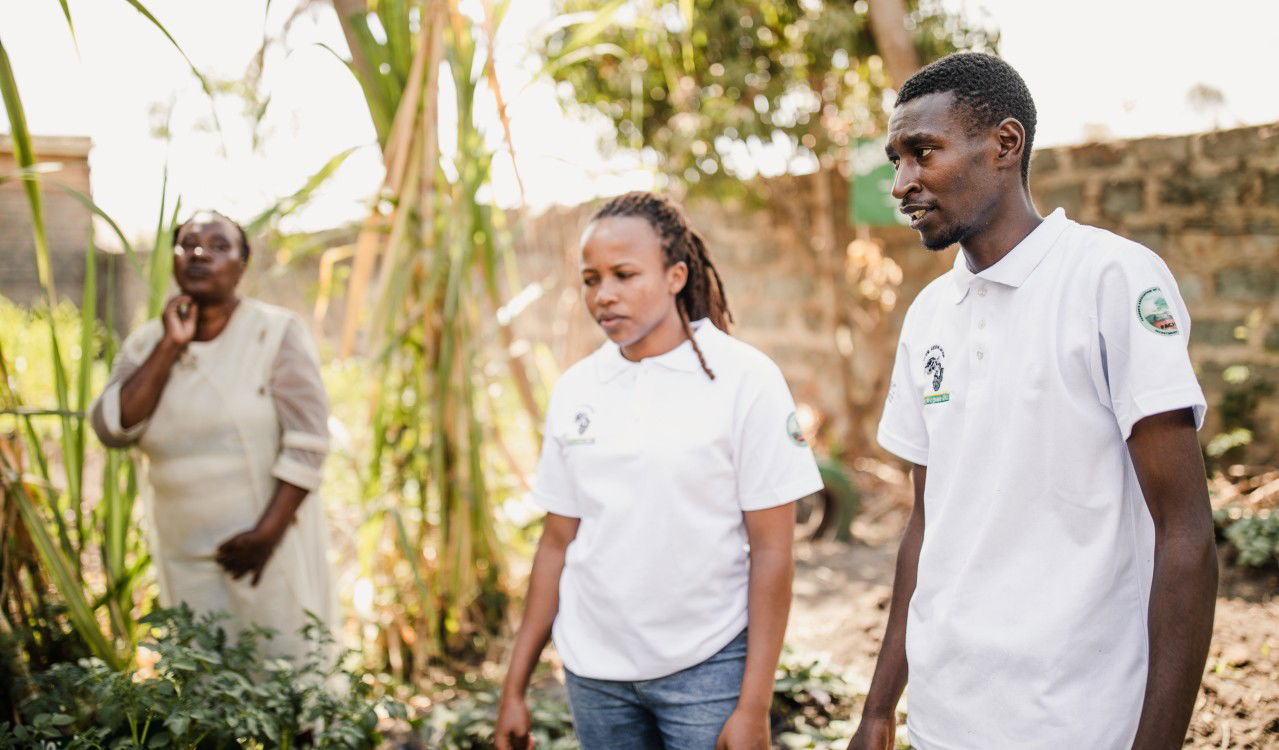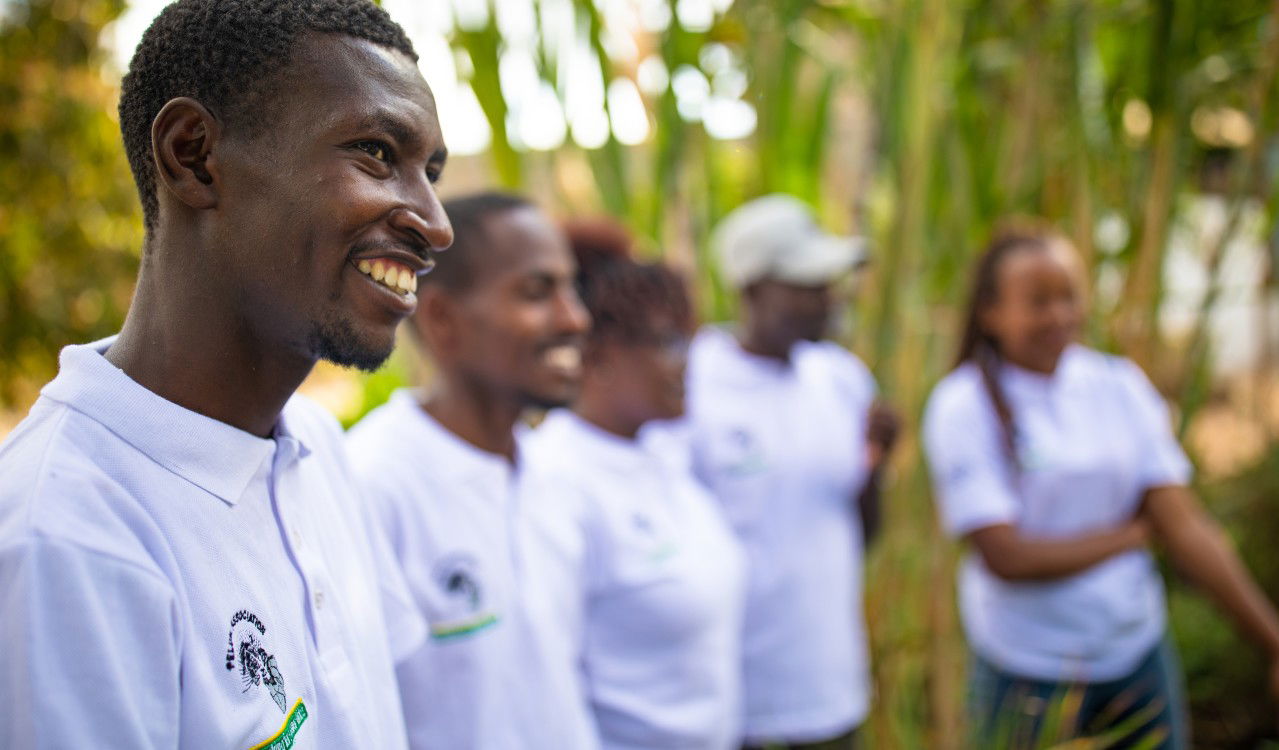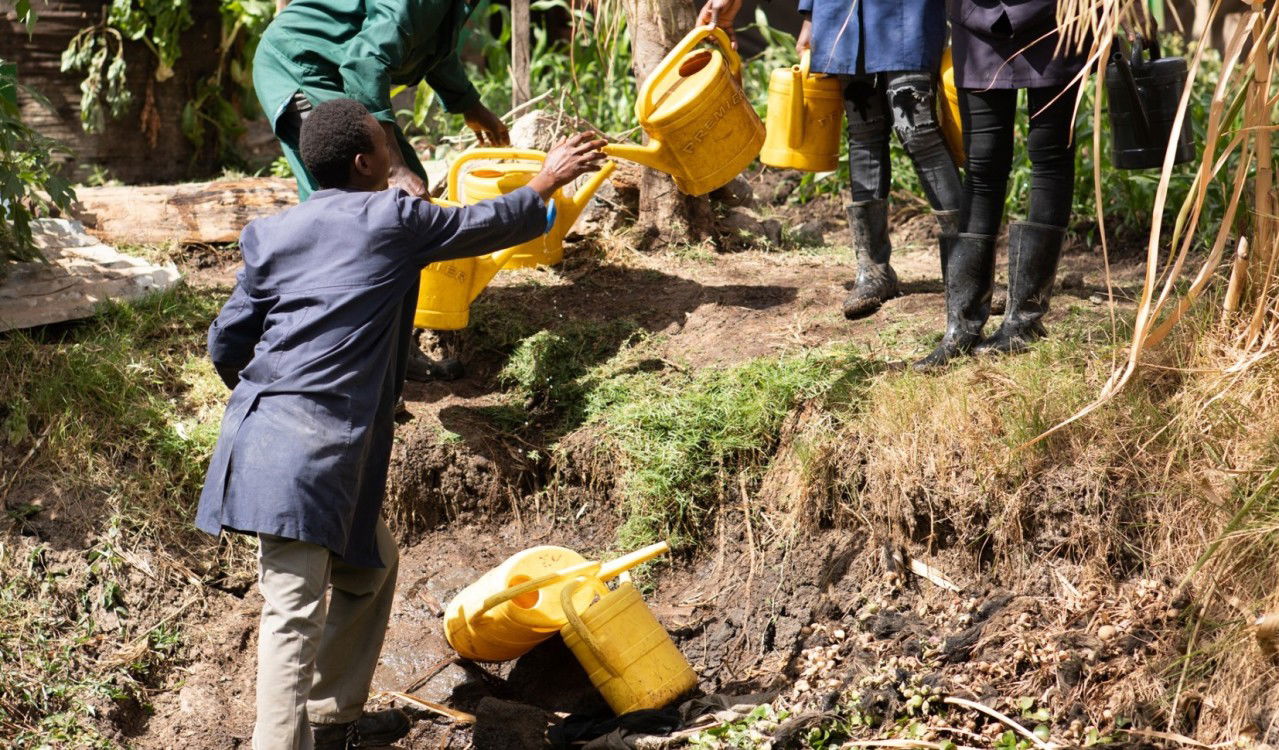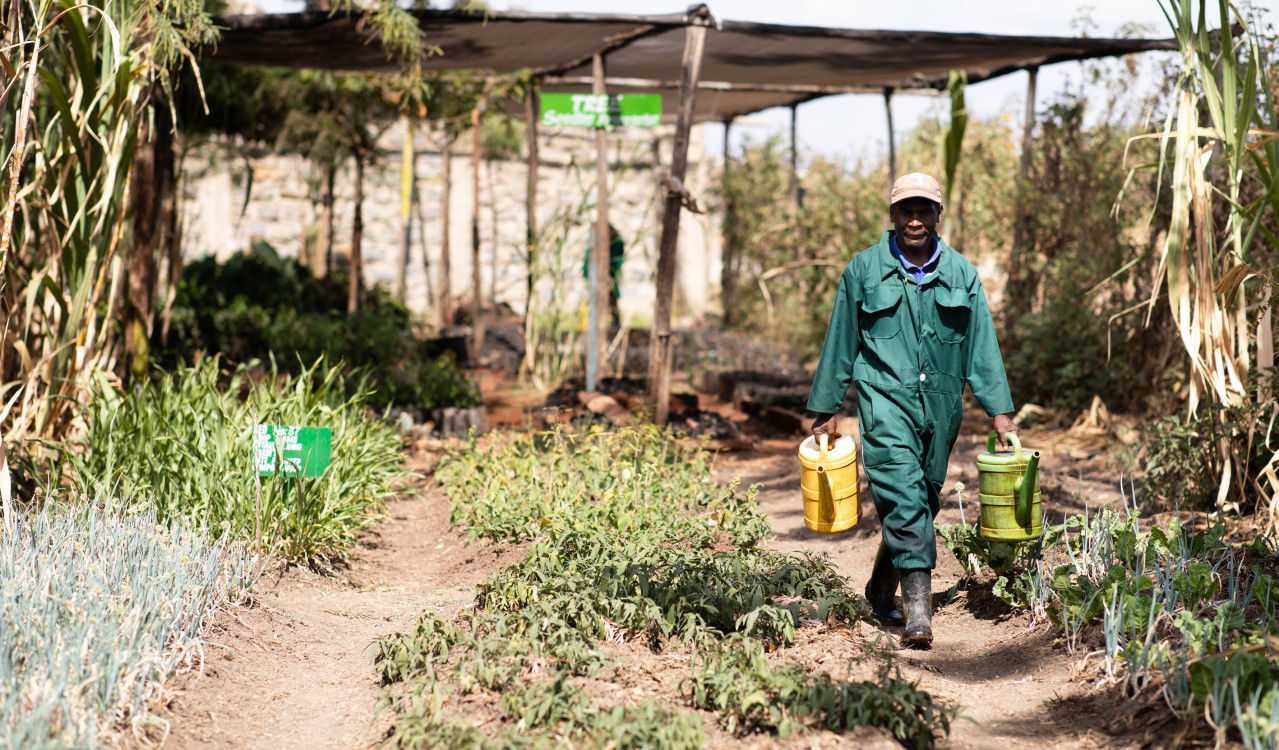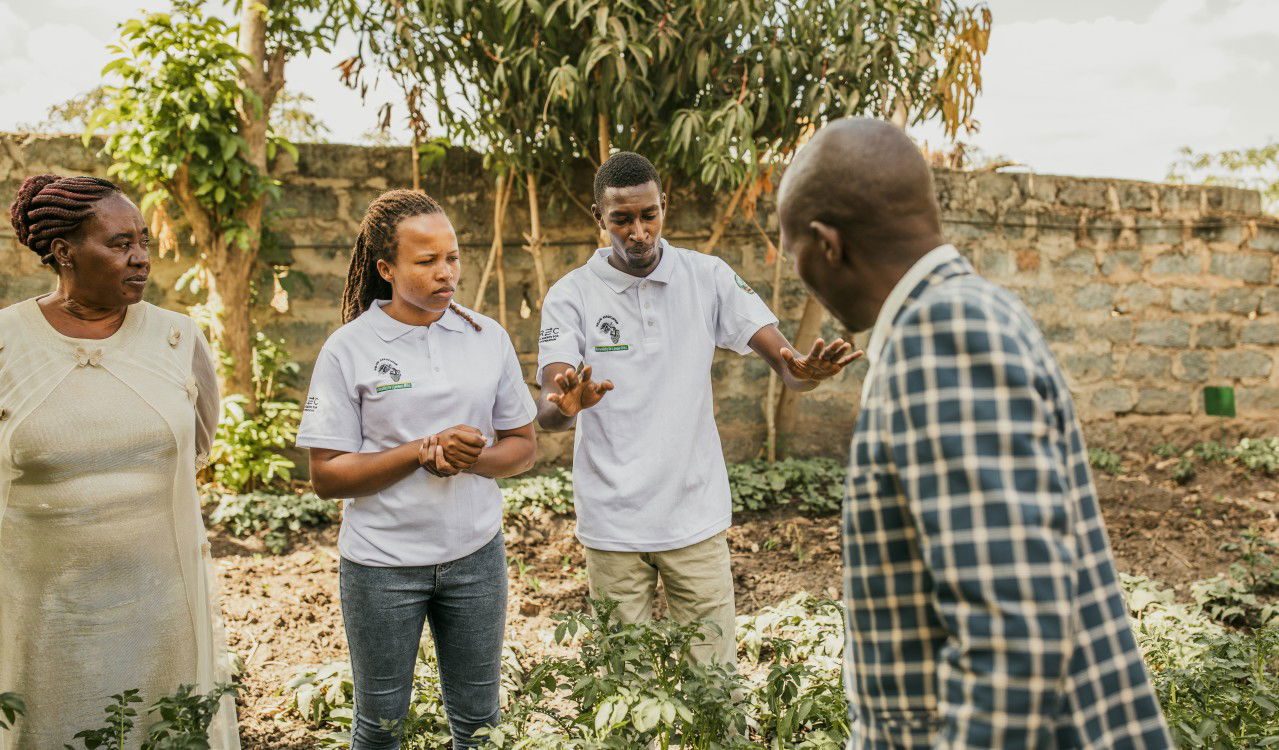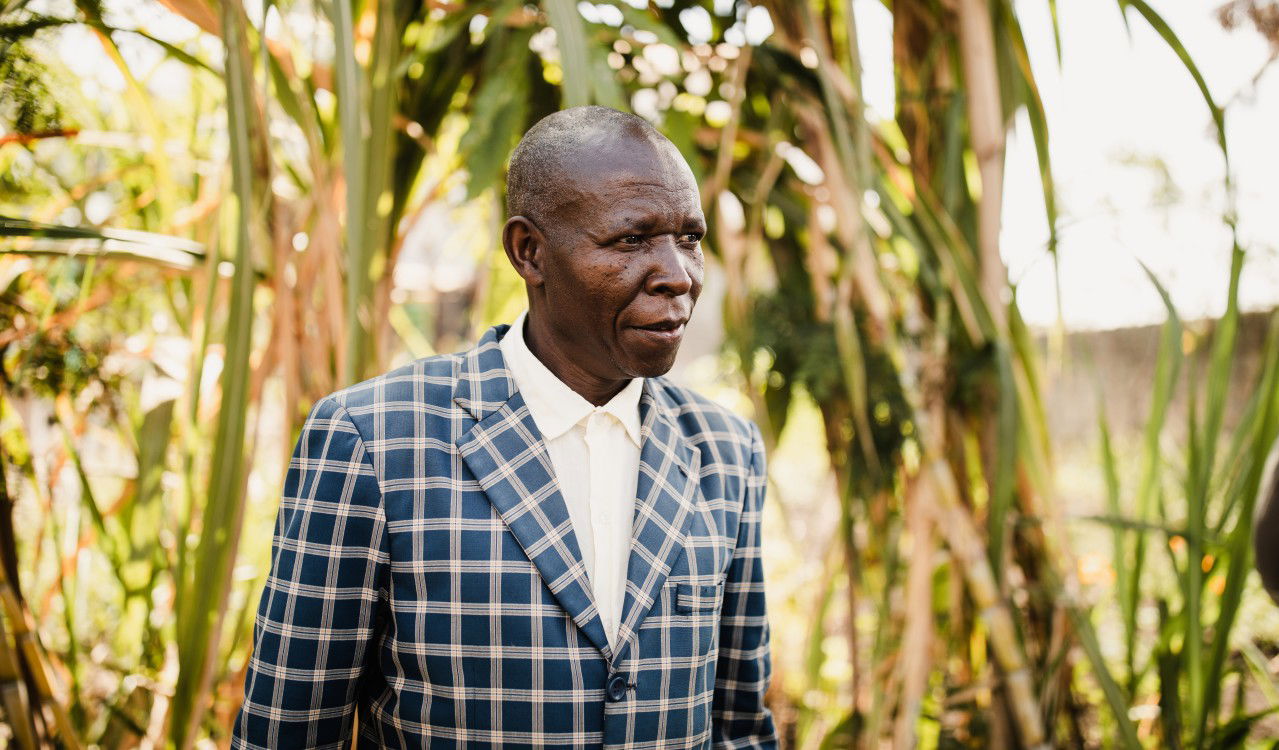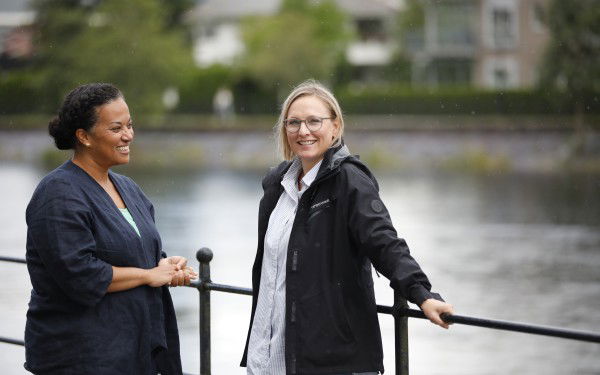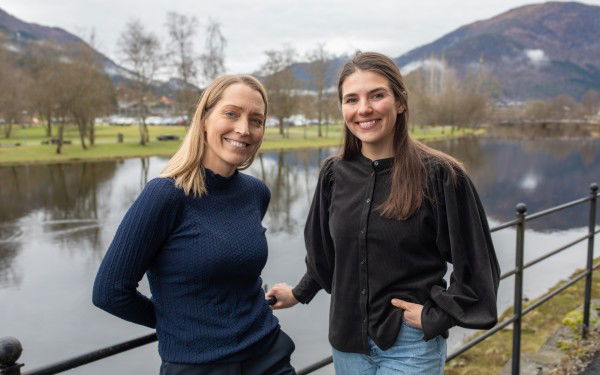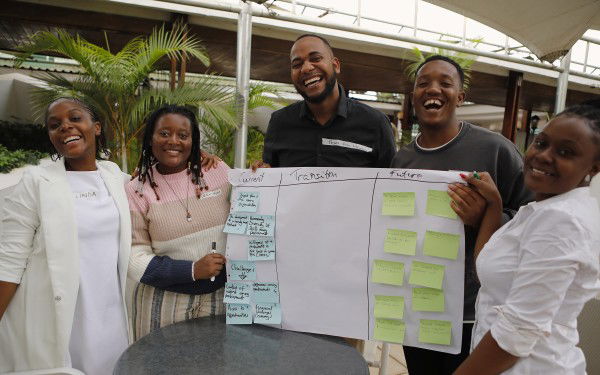Helping farmers through the worst drought in 40 years
20. December 2022
Kenya has been struck with the worst drought in four decades, and exchange programme participant Anthony Mungai is working at the centre of the crisis.
This is the fourth year all rain seasons have failed.
Catherine Karanja is 58 years old. In the tiny village, where she has lived most of her life, is now locked in dry, red African dust.
Normally the red soil is in stark contrast to the luscious, green vegetation.
– Many go to bed hungry. Our animals are dying. The river is green with pollution and plankton growth. The rain has failed us.
This is how Karanja describes her everyday life in Kenya.
No matter what she did, how hard her effort, nothing would grow. The animals perished. The lack of water left a devastating effect on all living things in her small shamba.
The drought has impacted pastoral and farmer communities across the Horn of Africa. It has led to increased food prices, inflation and low demand for agricultural labour. Further worsening families’ ability to buy food, and malnutrition remain high.
21 out of 47 counties in Kenya are suffering under the drought.
Millions of people are at risk.
Animals and people are dying.
Those in rural, remote areas suffers the most.
Agriculture has been described as the backbone of Kenyas economy. 40 per cent are directly dependent on the harvests. For many farmers it feels like the backbone is about to snap.
In 2022, in the middle of the drought and after eight absent rain seasons, Cathrine Karanja meets Anthony Mungai. Mungai, called ‘teacher’ by Karanja and her community, is an agroecologist and Norec participant.
Mungai, called ‘teacher’ by Karanja and her community, is an agroecologist and Norec participant.
He is educated at the Sustainable Agriculture Community Development Programme in Kenya, and an expert in sustainable farming.
— What we do now is crucial. We have to work fast, and we cannot stop. Everyone has to pull together to get our knowledge out into the farming communities, says Anthony.
His exchange is part of the project between Participatory Ecological Land Use Management (PELUM) Kenya and Farmers Association of Community Self Help Investment Groups (FACHIG) Trust in Zimbabwe.
When asked about the his work with farmers, Anthony Mungai is clearly concerned. The past six months he has been a participant in the exchange programme between PELUM Kenya and FACHIG in Zimbabwe.
The project is called Promoting Sustainable Agriculture and Marketing through Youth (PSAMY). It aims to get youth involved in agriculture, and use marketing to promote sustainable agriculture. It is about protecting the land, helping small-scale farmers, and steer them into adapting sustainable practices.
When the rain never showed up, the work became more important. Even more:
It became urgent.
The knowledge Anthony and the other participants have can help the farmers through the drought.
With digital training from exchange partner in Zimbabwe, FACHIG, the exchange participants in Kenya has gathered groups of farmers to teach them how to farm sustainably and how to market their products.
And how to use less of the precious water — that is better for the body and the planet.
One of the things Cathrine has started using is rabbit urine. She uses it as natural fertiliser. The rabbits use little water, are easy to keep and the urine can be used to make the rest of her plants grow.
— I knew nothing of natural fertilisers, how I could make it myself, before Anthony came. His knowledge has been very helpful now that traditional methods have failed.
— The next step is for Anthony to help us with visibility. With access to markets. We are very grateful for the help of Anthony Mungai and PELUM Kenya, because we really need it, says Karanja.


